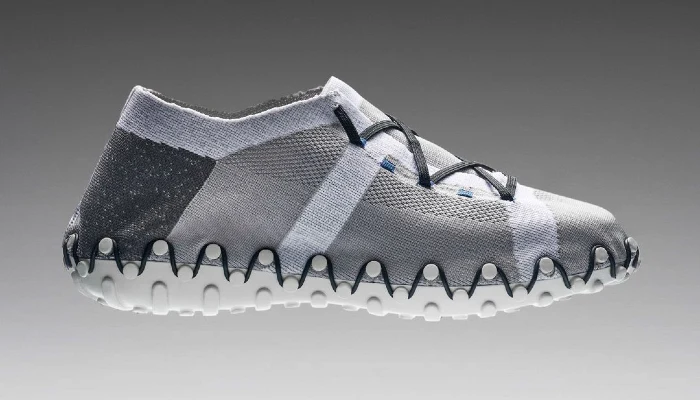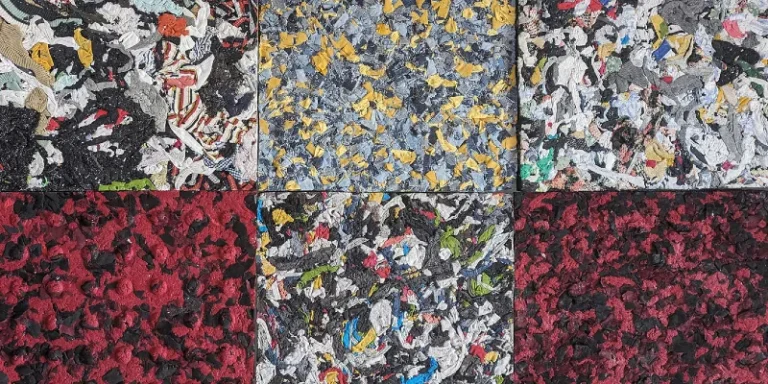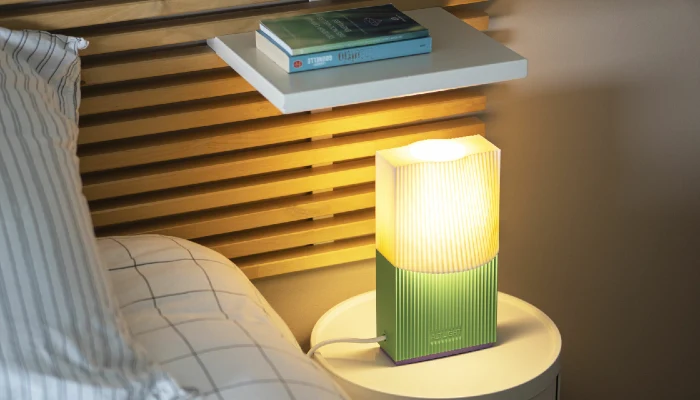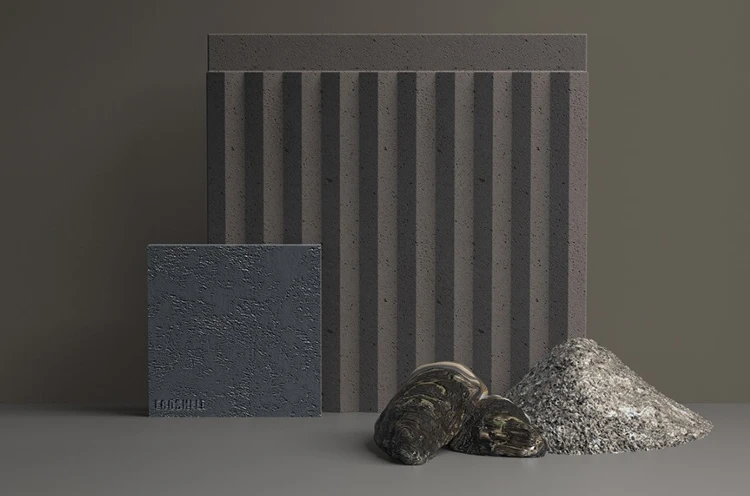In a world eagerly seeking sustainable solutions, a fresh take on footwear emerges that not only captures the eye but also embodies the essence of eco-conscious living. The Disassembly Lab sneaker, as envisioned by designer Robin Luginbuhl, offers a compelling narrative of innovation, sustainability, and style. “The moment your gaze meets these sneakers, you’re captivated long before you slip them on. That’s the mark of exceptional design,” one might say, echoing the sentiment that first impressions in design are as important as functionality.
At the heart of the Disassembly Lab sneaker is a design principle that challenges conventional footwear manufacturing. The sneaker distinguishes itself with its ability to be easily taken apart and reassembled, thanks to its simple yet ingenious construction. Featuring two main components—the upper body and the outsole—held together by rivets or plugs, the sneaker integrates a rubber band that not only secures these parts but also adds to its distinctive look. This design choice transcends mere aesthetics; it embeds sustainability into the sneaker’s identity, making it a visually iconic piece of eco-friendly fashion.
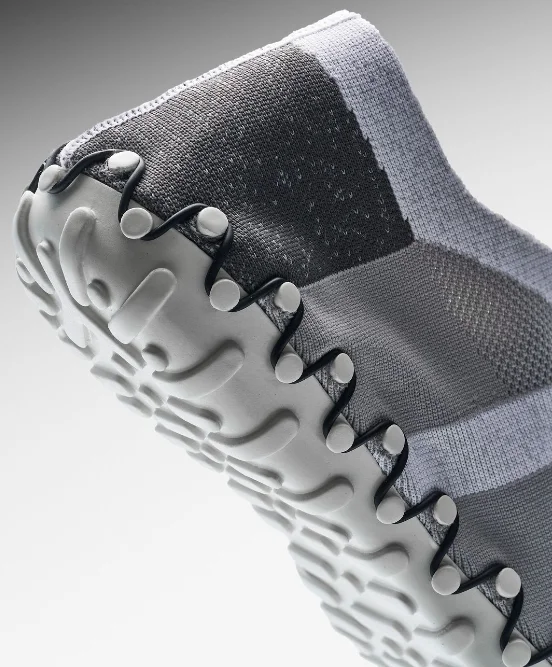
Robin Luginbuhl drew inspiration from the foresight of Chris Wawrousek, Innovation Studio Lead Designer at New Balance, who once highlighted the evolving responsibilities of brands towards their products’ life cycles. “One day, laws are going to change, and brands will be responsible for the entire lifecycle of their products from beginning to end,” Wawrousek predicted. Luginbuhl reflects on this vision, stating, “Products can’t live on their own anymore; they have to be conditioned to a new system if they want to become more responsible.” This philosophy underpins the sneaker’s design, aiming to make it repairable, restorable, replaceable, and recyclable – essentials for extending a product’s lifespan in a sustainable future.
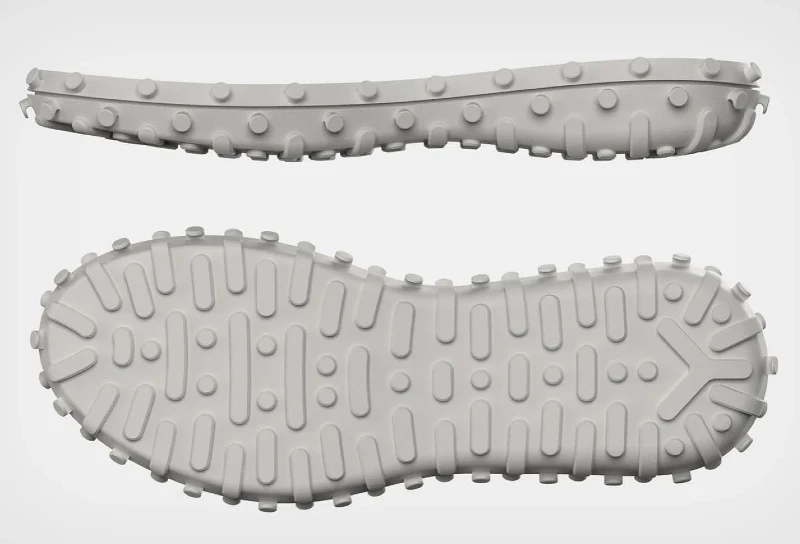
The Disassembly Lab sneaker addresses one of the footwear industry’s longstanding challenges: the use of glue. Glue, which binds the upper half of a shoe to its outsole, complicates the recycling process due to its permanence and synthetic composition. Luginbuhl’s approach replaces glue with a novel rubber band mechanism, reminiscent of dental braces, enabling easy separation and reattachment of the sneaker’s parts. This not only facilitates flexibility but also ensures that the shoe can be easily dismantled for repair or recycling.
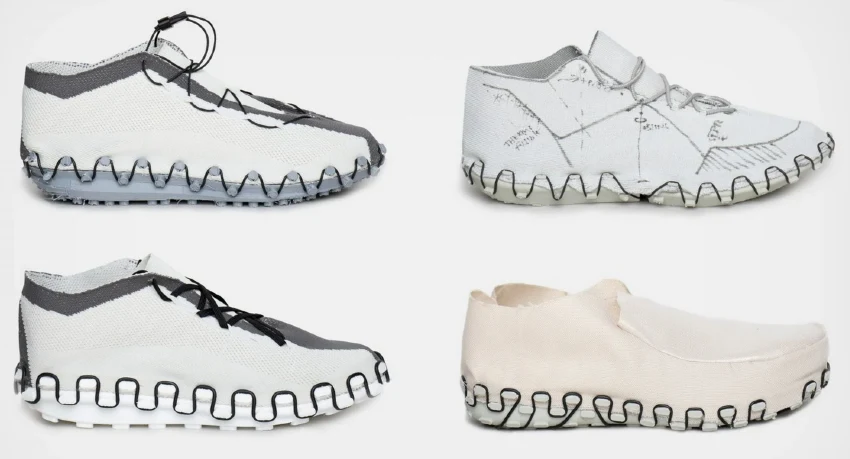
Luginbuhl’s design isn’t just functional; it’s a statement piece. The sneaker’s customizable features, such as the adjustable patterned belts and the pegs that can be shaped in various designs, offer both aesthetic appeal and practical versatility. An experimental 3D-printed upper further pushes the boundaries of what’s possible, suggesting a future where shoes are not only made sustainably but can also be personalized to an unprecedented degree.
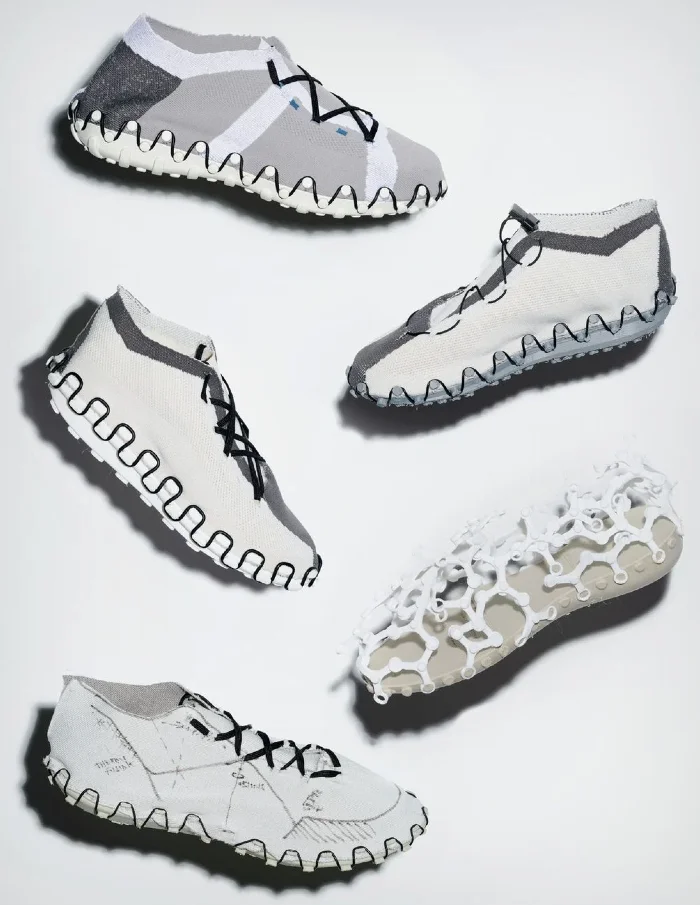
Yet, for all its innovative design and sustainable intentions, the Disassembly Lab sneaker remains a concept—a beacon of what could be in the realm of eco-conscious footwear. “These shoes, with their TPU soles and 3D knitted upper, are reduced to the essentials, enabling simple, rapid production and assembly by hand, and easy recyclability,” Luginbuhl explains, underscoring the potential impact of such designs on the environment and the industry.
More To Discover
- Stanford Engineers Slash Energy Use by 97% with Ingenious Actuator
- Green Burial Movement: How Composting is Changing Our Approach to Death
- Materials Shaping the Future of Sustainable Fashion: Polylactic Acid (PLA)
- The Required Innovations in Food and Agriculture for Climate Resilience and To Feed The Future of The World
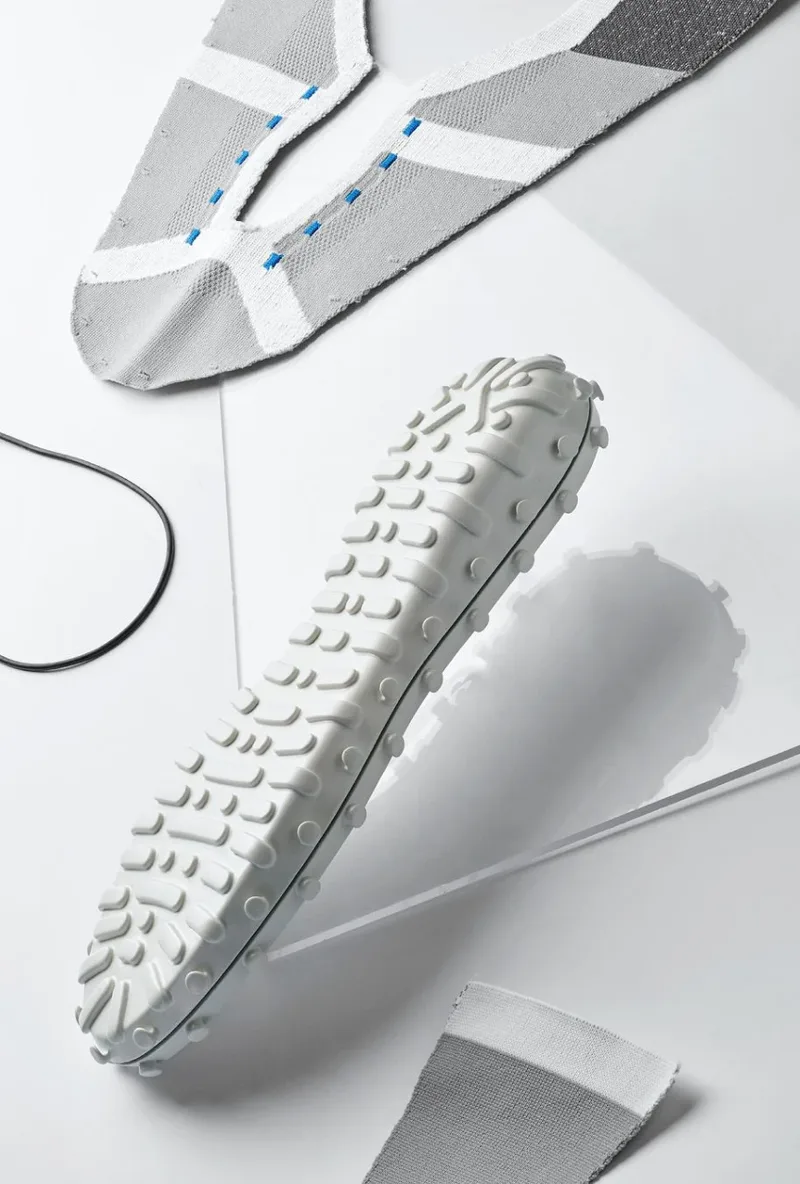
While the concept promises a revolution in how we view and use footwear, practical considerations such as wearability, durability, and market viability remain to be thoroughly explored. The journey from concept to consumer involves not just the innovation of design, but also the readiness of society to embrace such changes.
In revisiting the essence of the Disassembly Lab sneaker, we’re reminded of the power of design to inspire, challenge, and transform. By rethinking the fundamentals of footwear, Robin Luginbuhl offers a vision of sustainability that’s as much about innovation as it is about responsibility—a vision where every step we take is a step towards a more sustainable world.







